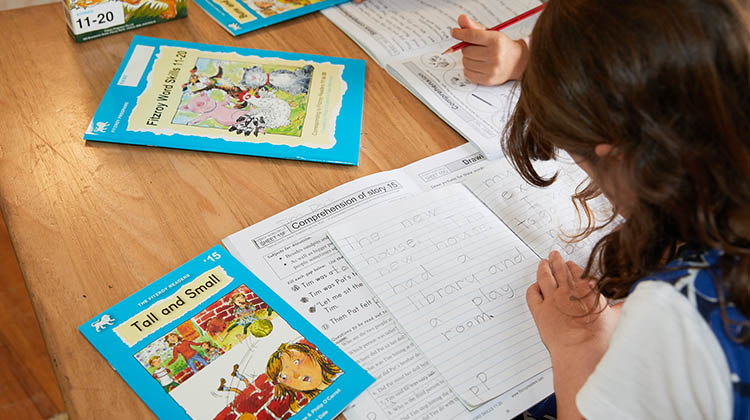To Phoneme or Not to Phoneme, That is The Question?

I have been in the teaching profession for 40-plus years. This includes teaching at primary and secondary levels. I have taught in mainstream, remote schools, and have been an administrator at an international school. I have been a support teacher and I have been involved with students who have been identified as having learning difficulties. In my 40 plus years, I have witnessed and presented many different literacy programs. In all of the programs that I have seen and utilised, the one literacy program that provided me (and the students that I have taught) with the greatest improvements was Fitzroy Readers. I am writing about Fitzroy Readers because of what it is.
Fitzroy Readers presents the following introduction; ‘Fitzroy Readers is a series of books that teach children how to read English using phonics. Faye Berryman and Philip O’Carroll, who founded Fitzroy Community School in Melbourne in 1976, had a passion for education and wanted to help students become confident and fluent readers. They also wrote a book about their journey of creating and running their school, which became the basis of the Fitzroy Readers literacy program.’
One of the most influential studies on phonics was the National Reading Panel (NRP) report in 2000. The NRP reviewed more than 100,000 studies on reading and found that systematic and explicit phonics instruction was more effective than unsystematic or no phonics instruction. The NRP also found that phonics instruction benefited children of all ages, abilities, and backgrounds.
In response to the NRP question, did the ‘PA instruction assist children in learning to spell? If so, which students [were] helped’. The NRP answer began with the response, yes! In this, the authors of the paper were of the view that phonemic awareness (PA) was a successful skill to be utilised that helps children become better spellers. Added to this the authors declared that phonics also empowered children to learn new words on their own and become confident self-directing and self-engaged confident readers.
In terms of application, Fitzroy Readers introduce new words gradually and repeat them frequently, so that children can build their vocabulary and confidence. From my perspective and in all of the many, many, many years I have been involved in the profession of education, Fitzroy Readers is a valuable program for developing a lifelong love of reading and learning.
Dr Ragnar Purje (PhD; M.Ed.; M.Ed.(Guid.&Couns.); M.Ed.(Lead.&Man.); B.A.(Psych.); B.App.Sc.(P.E.); Grad.Dip.Ed.; Grad.Dip.SportSci.; Grad.Dip.Ex.&SportSci.; Grad.Cert.(Comm.); Grad.Dip.(Health Couns.); Certificate IV in Assess.&Workplace Training; is an Adjunct Senior Lecturer at CQUniversity in the Department of Education and the Arts. Dr Purje works with Professor Ken Purnell, specialising in personal and classroom behaviour management strategies. Dr Purje is the author of Responsibility Theory®. For presentations, Dr Purje is represented by the Saxton Speakers Bureau.